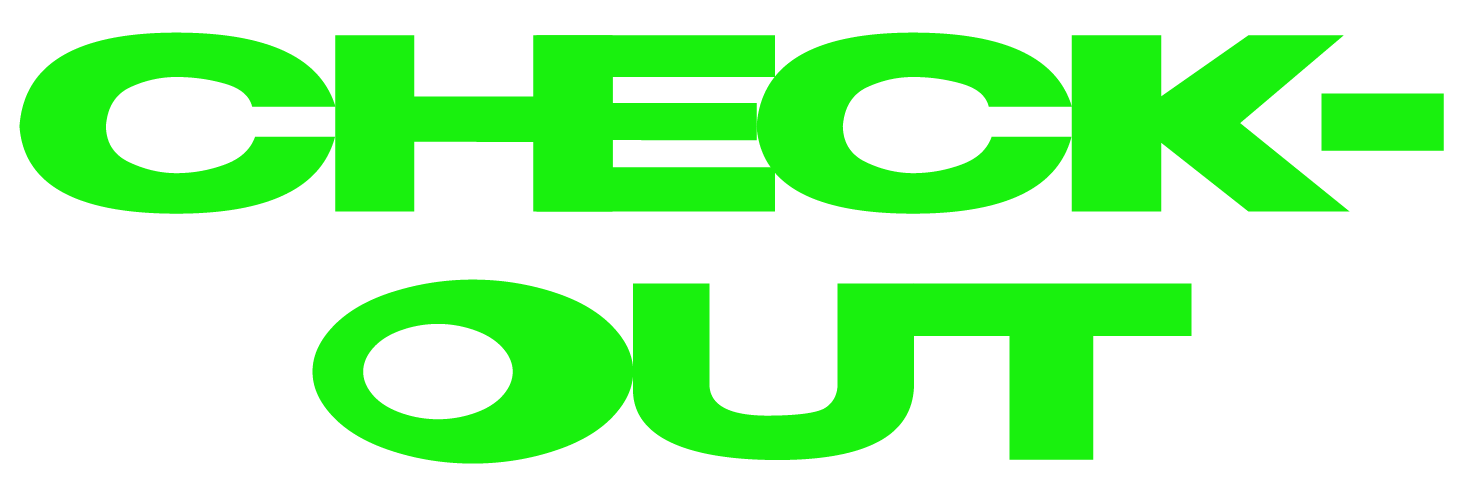She might describe her style as ‘just a bit wonky’, but Rachel Chinouriri is setting the record straight
Welcome to CHEW THE FAT WITH…, our long-form profile series where we invite you to sit down with fashion’s next generation as they dig deep into their memories. To chew some fat - defined as an informal conversation brimming with small talk - we encourage you to pull up a chair and take a big old bite as we spill the tea on the life and work of the industry’s need-to-knows. Just remember to mop up after yourself.
Seeing music in colours and explaining her own style as “just a bit wonky”, RACHEL CHINOURIRI is the self-defined “alternative indie pop” star who in reality is performing the act of definition by defying definition itself.
The 22-year-old professes to “just want to dabble in everything,” her songs free-floating through the membrane of genre most vividly to her “as movement and pictures” in her mind. Chinouriri claims to really struggle with words, yet for anyone listening to the artist’s haunting melodies it is impossible to deny the lyrical vulnerability powerfully hallmarking each of her songs. Her most-listened-to track, So My Darling, has almost two million streams, and having had supporting slots with the likes of SAM FENDER, CELESTE and LIANNE LA HAVAS, Chinouriri’s 2019 release with Subculture, River Bend, went on to be featured in Michaela Coel’s BAFTA winning TV series, I May Destroy You. Recently nominated for this year’s Rising Star Award at The Ivors, Chinouriri’s chimera-esque musical hybrids are catapulting her toward the industry’s epicentre. And she’s not slowing down.
Growing up in Croydon as part of a Zimbabwean family, Chinouriri quotes her upbringing as the perfect breeding ground for her creativity. “I don’t think I listen to music like normal people do,” reflects the artist, talking about her tendency to hear songs as interweaving sounds rather than whole, complete entities. When talking about the music that shaped her youth, Chinouriri’s self-awareness is unabashed and unerring. “Every time I think about childhood I think about If You’re Not The One by DANIEL BEDINGFIELD and the video where he is on his knees. I felt seen for once in my life.” She laughs at the melodrama of her storytelling, but such an early awareness of music’s emotional release foreshadows the sharp fragility so bravely embedded in each of her songs. Four In Winter, Chinouriri’s album released earlier this year, spans an array of difficult subject matter, and it is with this candour that she sets herself apart. “With music creation, I feel like if it doesn’t come from a vulnerable place, it’s kinda hard for people to relate to it. If you want to make people really feel something deep, the most vulnerable lyrics will be what hits you the hardest.”
Chinouriri’s displays of emotion are anything but wallowing; on the contrary, the 22-year-old’s self-awareness is razor-sharp. “One of the biggest issues as a black woman is the fear of being stereotyped as ‘angry’, ‘complaining’ or playing ‘the race card’. I find it very awkward to sit in the studio, a predominantly white space, and write about my experiences whilst trying not to make anyone else feel uncomfortable.” Chinouriri is unabashedly honest about the challenges that she has faced entering the industry as a black, female artist. “I instantly get thrown into the category of R&B music, which I am so far from. It only comes from my appearance - none of my main influences have ever been soul or R&B, but having entered the industry I’ve been placed into a bracket with other artists that I can’t relate to in any way other than the fact that we’re both black. It’s one of the hardest things I deal with.” Her deft address outlines the circus silencing so many, walking the balance beam between flawed reality and gratitude in an act that she calls fighting the machine. “It’s being grateful to be ‘in the room’ in the first place, whilst simultaneously knowing I’ve been placed there for all the wrong reasons. There’s a lot of unlearning to do in the world. I can’t blame a society which has only been taught one way.”
Such brazenness is trailblazing, yet Chinouriri denies the idea of being an intentional activist. “I’m just existing - if you want to join the ride, sure! I’d hope that I would be a good role model, however I also know that in my life I will make many mistakes.” Her nonchalance and humility offers an invigorating breath of fresh air, and she openly quotes the pressures of being a young person and how it’s affected her career. “Social media is the best and worst thing that has happened to musicians. There is no privacy - people feel entitled to know everything that someone who is choosing to be in the public eye does. It gets dangerous.” We nervously joke about the sheer power of one negative comment, how the curse of criticism’s abyss is insurmountable irregardless of swipes and likes in the right direction.
That’s not to say that Chinouriri doesn’t believe in her ability. The young star’s outlook remains firmly grounded amidst her success, and she fuels herself by being inspired, not intimidated by the industry, “You’re a drop in the ocean, but you’ve got to stay professional.” If we were to go, dare I say it, back to the very beginning, what words of advice would she give herself at the start of her career? “Just fucking do it.” She laughs, because she’s doing just that. Doing it, and by the way, killing it while doing so.
Listen to Rachel Chinouriri’s latest release, November featuring Hak Baker, on Spotify and Apple Music.

